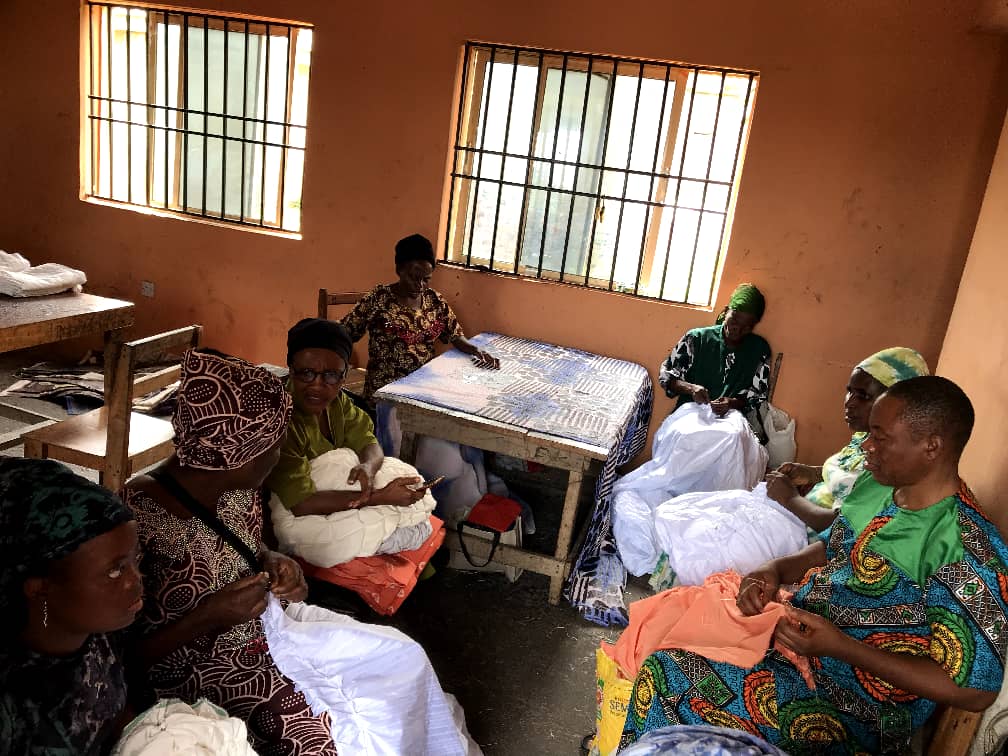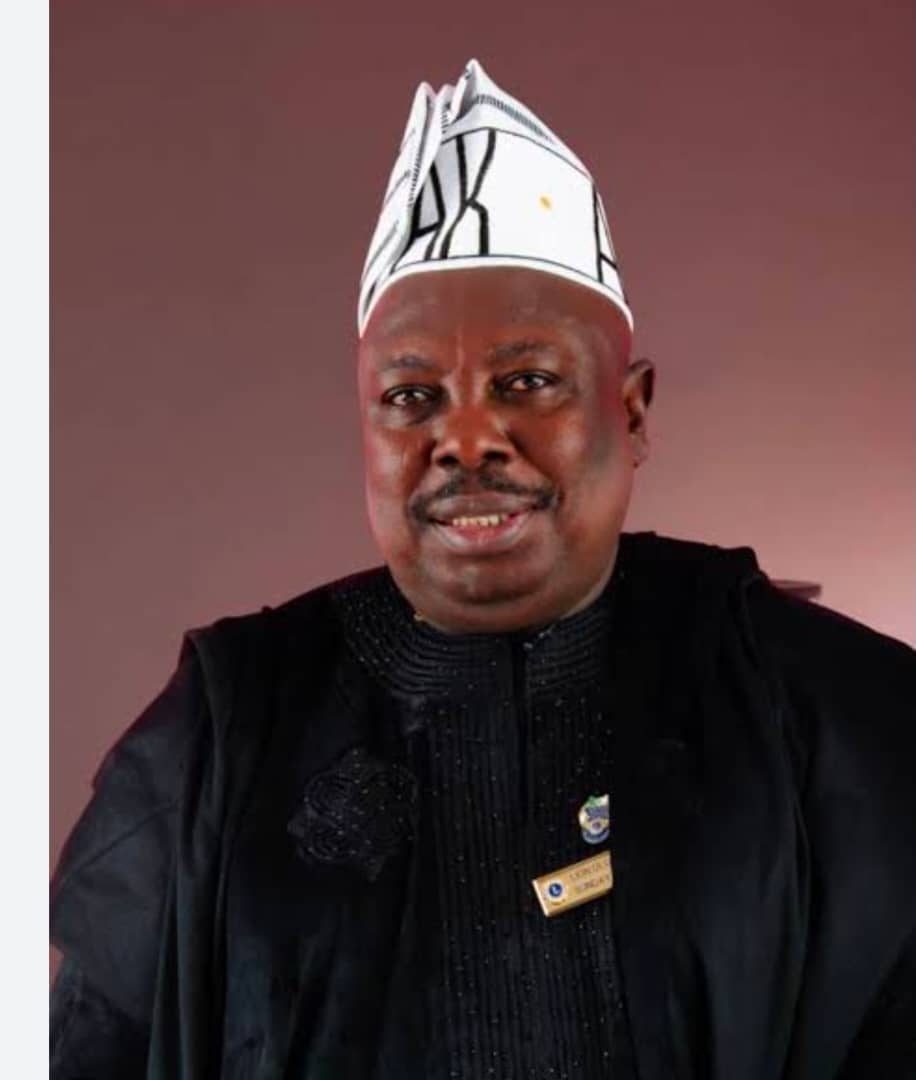You can become great scientists too, FUTA VC tells young girls
[ad_1]
By Laolu Harolds
THE vice chancellor of the Federal University of Technology, Akure (FUTA), Professor Adenike Oladiji, has challenged young girls who have the flair for science to pursue their dreams despite whatever challenges they might face, saying that if she could make it, they could be successful in science too.
Professor Oladiji gave the advice at the 2023 International Day of Women and Girls in Science organised by the Organisation for Women in Science for the Developing World (OWSD), FUTA, in conjunction with the Network of Nigerian Women in STEM (NWiSTEM), Women Dignity Initiative Inc (WDII) and Centre for Gender Issues in Science and Technology (CEGIST) on the February 9, 2023.
She said that many Nigerian women had excelled in the academia in recent times, as several women have emerged as vice chancellors of universities in Nigeria.
This, she said showed that many women had shattered the proverbial glass ceiling.
Represented by the deputy vice chancellor (development), Professor Philip Oguntunde, Oladiji further said that “I always feel motivated to inspire budding female scientists because of the natural and cultural barriers that have stemmed intellectual growth of many promising female scholars.”
The 2023 International Day of the Women and Girls in Science had the theme, ‘Innovate. Demonstrate. Elevate. Advocate. Sustain. (I.D.E.A.S): Bringing Everyone Forward for Sustainable and Equitable Development.’
Speaking on the topic: ‘Breaking Boundaries for a Sustainable Future: Roles of Girls and Women in STEM,’ the guest speaker at the event and the NNPC/Shell Professorial Chair in Geophysics, Obafemi Awolowo University, Ile Ife, Professor Mary Olowokere, said the major challenges for the current generation of mankind is to develop a clear vision of the future that is both desirable to the vast majority of humanity and ecologically sustainable.
Professor Olowokere pointed out that only one-third of today’s world researchers are female and that the proportion of women in the most cutting-edge fields such as artificial intelligence (AI), software development, data science, geosciences, and computing is even lower.
Earlier in her welcome address, the chairperson, OWSD, FUTA branch, Professor Folasade Olajuyigbe, noted that despite the level of global awareness, significant disparity still remains in participation and representation of women in STEM, especially in developing countries.
She noted that in sub–Saharan Africa women made up only 18 percent of scientists compared to 49 percent in South-East Europe and the Caribbean; 44 percent in Central Asia and Latin America and 37 percent in Arab countries.
The OWSD, she said, is an international forum to unite eminent women from the developing and developed world with the objective of strengthening their roles in the development process and promoting their representation in scientific and technological leadership.
There were lectures on: Women as Change Maker for Sustainable Development, Harnessing New Technologies and Approaches to Advance Gender Equality for Sustainable Development and Drug Abuse by Professor Victoria Bello, Engr. Dr Oluwatoyin Olaseinde and Pharm. Kemi Akinbile.
The event was attended by OWSD members, girls from secondary schools within Akure and staff and students of FUTA.
[ad_2]














Post Comment